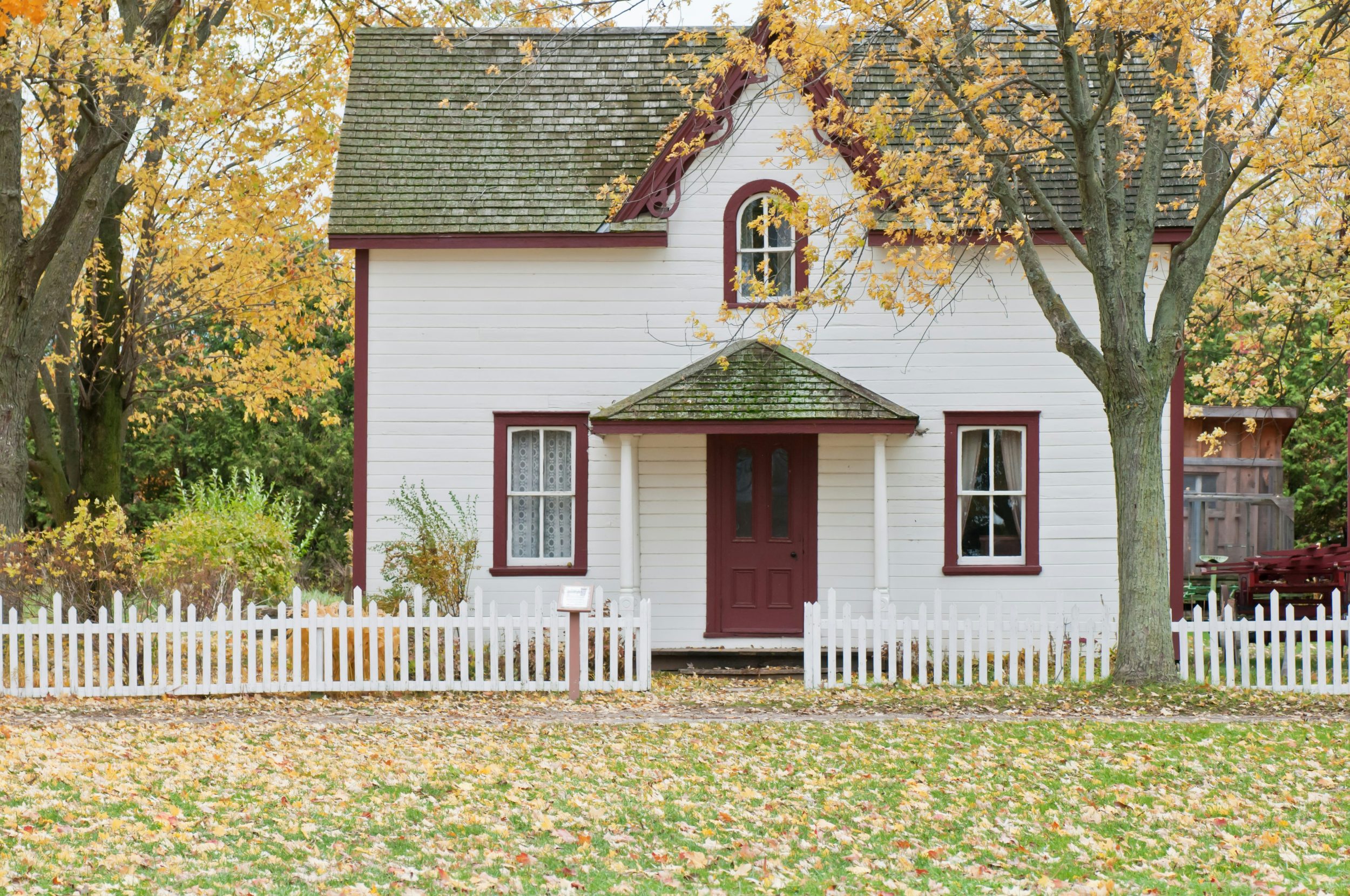Get Ahead of These Factors to Ensure Your Home Appraises for the Highest Value
When it comes to selling your home or refinancing your mortgage, one of the critical steps in the process is the home appraisal. An appraisal provides an unbiased estimate of your home’s worth, influencing how much a lender is willing to offer for a mortgage. Understanding what factors affect home appraisals can help you take proactive steps to ensure your home appraises for the highest possible value. Here’s what you need to know:
1. Location
The old adage “location, location, location” holds true in real estate appraisals. Homes in desirable areas, such as those in good school districts, near amenities, or with exceptional views, typically appraise for higher values. Conversely, homes near noisy highways or industrial areas may see their values negatively impacted.
2. Condition and Age of the Home
The physical condition of your home plays a significant role in its appraisal value. Newer homes or those that have been well-maintained or recently updated tend to appraise higher. Before an appraisal, addressing any maintenance issues—such as fixing leaky faucets, replacing broken tiles, or ensuring the HVAC system works efficiently—can positively impact the outcome.
3. Home Size and Usable Space
Size matters in home appraisals. Generally, larger homes with more bedrooms and bathrooms command higher appraisal values. However, it’s not just about square footage; usable space counts too. Basements, attics, and garages converted into living spaces can boost appraisal values, as long as they meet local zoning and building codes.
4. Market Conditions
The current state of the real estate market in your area will influence your home’s appraisal value. In a seller’s market, where demand exceeds supply, homes may appraise for higher values. Conversely, in a buyer’s market, values may stagnate or decrease. Keeping an eye on local market trends can help you anticipate potential appraisal outcomes.
5. Comparative Market Analysis (CMA)
Appraisers often use CMAs to determine your home’s value, comparing it to similar homes in your area that have recently sold. Factors such as the sale price, home size, and features of these comparable properties can significantly influence your home’s appraised value. Ensuring your home is comparable in terms of updates and condition can positively affect its appraisal.
6. Upgrades and Improvements
While not all home improvements have a dollar-for-dollar impact on appraisal value, certain upgrades can increase your home’s worth. Kitchen and bathroom remodels, energy-efficient upgrades, and added outdoor living spaces are among the improvements that can lead to higher appraisals. Keep receipts and before-and-after photos to show the appraiser.
7. External Factors
External factors, such as the neighborhood’s overall appeal, the condition of nearby properties, and future area developments, can also affect your home’s appraisal. While you can’t control these factors, staying informed about local developments and community changes can provide valuable context during the appraisal process.
Getting Ahead of Appraisal Factors
To ensure your home appraises for the highest value, consider taking these steps:
- Maintain and Update: Keep your home well-maintained and make strategic updates, especially to kitchens and bathrooms.
- Document Improvements: Keep a detailed record of all home improvements and renovations to present to the appraiser.
- Understand the Market: Stay informed about your local real estate market and use timing to your advantage.
- Enhance Curb Appeal: First impressions count. Enhance your home’s exterior to boost its perceived value.
Understanding and addressing these factors before an appraisal can help secure the highest possible valuation for your home, facilitating a smoother sale or refinance process. Commission Express believes in empowering homeowners with the knowledge to navigate the complexities of real estate transactions with confidence.





